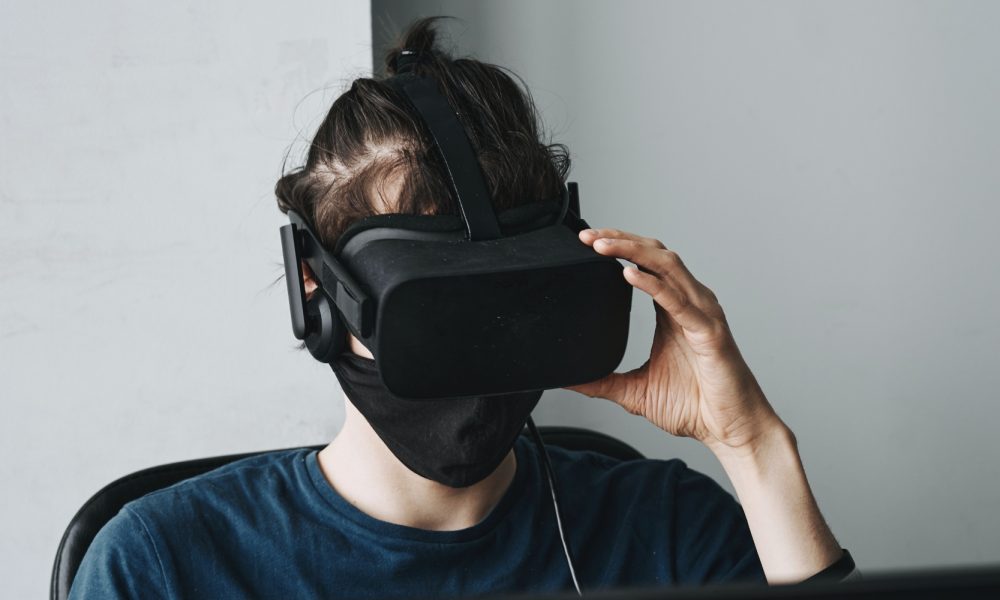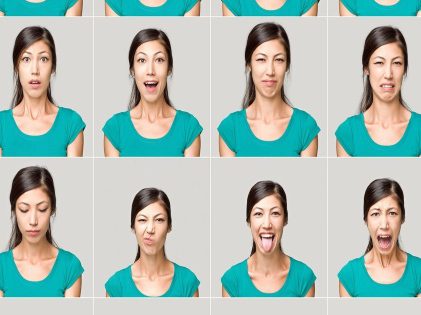
How Artificial Intelligence or AI Helps in Mental Health Diagnosis and Treatment

Artificial Intelligence (AI) combines extensive computer language development to make machines learn behaviors like humans. It also acquires an equal level of intelligence as its human counterparts. Artificial Intelligence aims to make machines capable of decision making and problem-solving, similar to human beings.
Mental Health Issues

Mental health issues are not discussed widely. According to research, every one in three people suffer from some psychological disease. The ratio had increased immensely during the Covid-19 pandemic. Neglecting the patient’s condition will only worsen the issue and result in serious consequences.
Unfortunately, many experienced psychologists failed to recognize the starting mental disease symptoms and their severity. Often, clinical psychologists use standardized questionnaires to be filled out by the respective patient. However, studies have proved that such questionnaires produce only 43% correct results. Hence psychologists failed to diagnose the right issue and provided the wrong treatment.
Another problem that patients with mental health issues face is the long waiting for a doctor’s appointment. Many patients have to wait for months to get checked by the doctor, and this duration of waiting can worsen their condition.
The Role of AI
 Mental health diseases are rapidly increasing in America. Many recent studies and practices prove that Artificial intelligence and Machine learning can detect early symptoms of mental health deterioration. The authenticity of AI is nearly 90% accurate in diagnosing mental health issues. It can also provide immediate treatments. Let’s find out how AI can bring revolutionary changes in Mental Health detection and cure.
Mental health diseases are rapidly increasing in America. Many recent studies and practices prove that Artificial intelligence and Machine learning can detect early symptoms of mental health deterioration. The authenticity of AI is nearly 90% accurate in diagnosing mental health issues. It can also provide immediate treatments. Let’s find out how AI can bring revolutionary changes in Mental Health detection and cure.
Detecting Behavioral Changes
Research has shown that a person suffering from anxiety and depression adopts certain behavioral changes, like nail-biting, hand tapping, and knuckles. Also, the sleeping patterns of such patients change. With the help of motion and other sensors, AI can warn the patient of developing anxiety issues and inform them about their severity.
Detecting Changes in Speaking Patterns
When anxiety and depression symptoms develop in a person, they change the person’s talking tune and use of words. The AI is capable of recording an unlimited amount of conversations. Thus, it can use the recordings to judge mental health by analyzing patients speaking patterns, including their durations of talk, talking tunes, and usage of words. And inform the patient about the result and its timely treatments.
AI Can Integrate Mental Health with Physical Health
With the help of AI tools, doctors can predict what their patients who are currently suffering from physical health issues can develop psychological issues in the future. Hence, they can guide the patient accordingly and refer them to a therapist or psychologist.
Reduces Human Errors
 AI tools are efficient enough to record patients’ facial expressions and words, which busy psychologists can ignore. If the psychologist uses AI tools to facilitate himself, then such tools can alarm the doctors about the signs and symptoms of depression or trauma in the patient, which the doctor failed to notice. In this way, doctors can more efficiently recognize the problem and prescribe the treatment.
AI tools are efficient enough to record patients’ facial expressions and words, which busy psychologists can ignore. If the psychologist uses AI tools to facilitate himself, then such tools can alarm the doctors about the signs and symptoms of depression or trauma in the patient, which the doctor failed to notice. In this way, doctors can more efficiently recognize the problem and prescribe the treatment.
Continuous Monitoring
With the help of smart devices with AI features, the patient’s condition can be closely monitored and recorded over the clock. It provides the data to the patient and the doctor about whether the treatment is improving the patient’s condition or not. Therefore, the doctor can alter the treatment accordingly.
Also, if the AI detects any unusual behavior, it can immediately notify the patient and its doctor to take prompt action.
Helps to Destigmatize Mental Health Issues
Artificial intelligence can make mental health diagnosis and treatment more quantifiable and less subjective, which can help to destigmatize these conditions and improve the results. There are no physical tests like blood tests to authenticate the psychological problem. But machine learning algorithms can be used as an objective equivalent. This enables the psychologist to provide treatment to the patient according to evidence-based data rather than the patient’s subjective experience of distress.
Mental health is equally important to physical health. We are already rich in smart gadgets which can detect our physical conditions like blood pressure, sugar levels, etc. With the advancement in technology and artificial intelligence, we will soon have smart gadgets capable of detecting and monitoring our mental health. We hope this would help the thousands of people who are battling mental health worldwide and need help. Do you think AI will be able to revolutionize mental health care? Share your thoughts in the comments section!
More in Mental Health
-
`
The Physical Signs of Hunger and How Mindful Eating Makes a Difference
Hunger is one of the most basic yet essential signals our body uses to communicate its need for energy. However, many...
December 15, 2024 -
`
Why Did Chris Pratt Call Anna Faris Before Proposing to Katherine?
Chris Pratt, the beloved star of “Guardians of the Galaxy,” made headlines when he revealed that he called his ex-wife, Anna...
December 3, 2024 -
`
6 Proven Tips to Tackle Insurance Claim Denials Successfully
Claim denials are a common hurdle for healthcare providers and professionals, even for those who follow the necessary procedures to avoid...
December 1, 2024 -
`
5 ‘Bad’ Fitness TikTok Trends You Shouldn’t Follow
TikTok has become a haven for creative fitness advice. But not all trends are worth your time or your health. From...
November 23, 2024 -
`
Does Drinking Water Affect Adrenal Hormones?
Drinking water is often seen as a simple way to stay hydrated, but it has deeper effects on our body than...
November 14, 2024 -
`
Why We Feel the Loss of Celebrities So Deeply?
Celebrity grief might sound strange at first. After all, most of us have never met these famous figures in person, yet...
November 5, 2024 -
`
Are High Deductible Insurance Plans as Ideal as They Appear to Be?
High deductible insurance plans have been a hot topic for years, especially as healthcare costs continue to rise. For many Americans,...
October 31, 2024 -
`
How Training Load Data Can Transform Your Exercise Routine
Tracking progress during workouts is challenging. Simple metrics like mileage or time don’t show the whole picture. Understanding the overall effort...
October 26, 2024 -
`
Katy Perry’s Weight Loss Journey: Secret Diet Tips Revealed
Katy Perry’s weight loss journey has been making headlines, with the pop star shedding 20 pounds over the past few months....
October 16, 2024















You must be logged in to post a comment Login